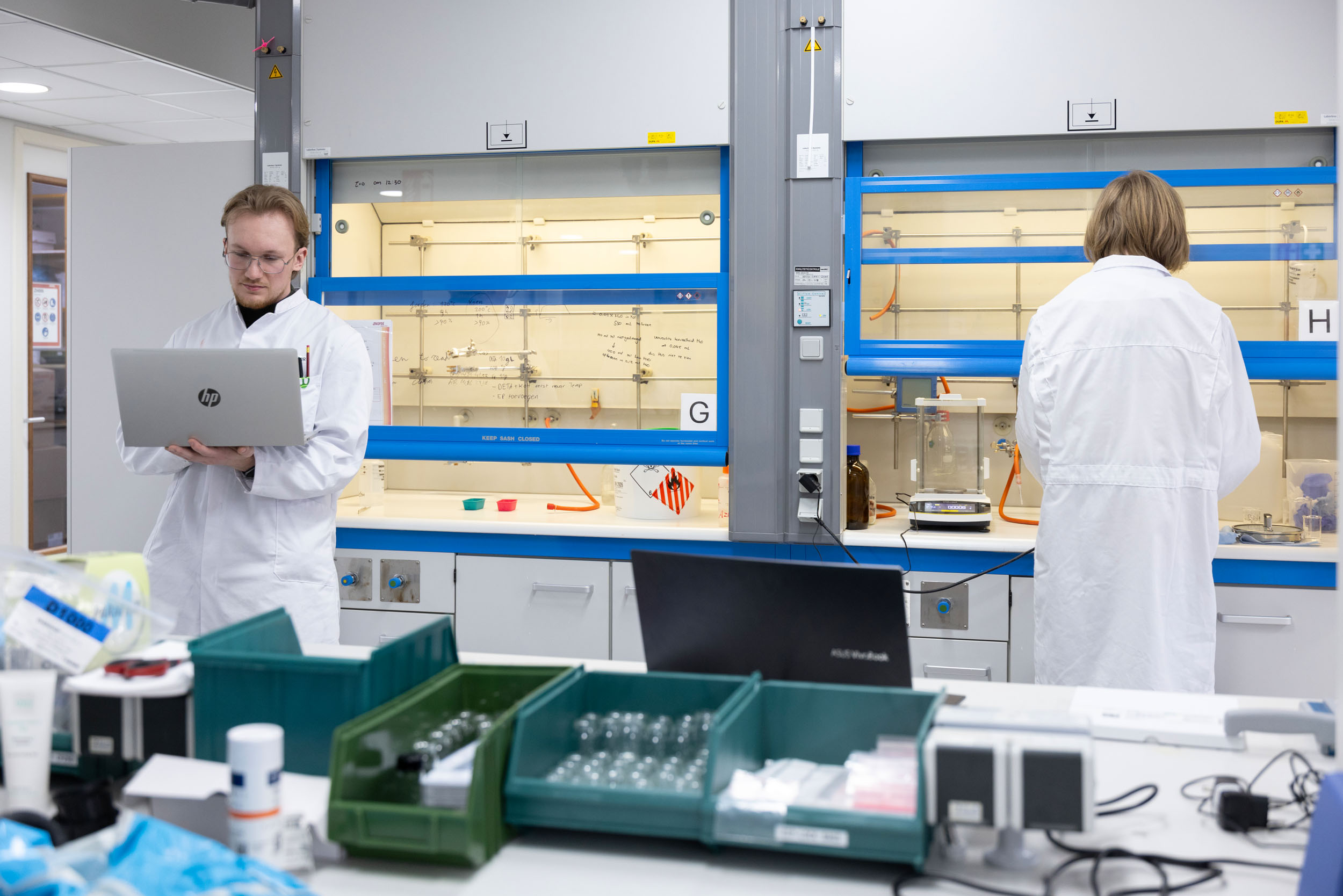Project Objective
The primary objective of this project is to perform a comparative genomics analysis to uncover the genetic underpinnings of the novel yeast strain’s altered phenotype. The project will focus on utilizing bioinformatics tools to compare the genomic sequences of the novel yeast strain with related yeast species to identify key genetic differences that contribute to improved tolerance to stress factors, ultimately enhancing bioethanol production.
Project Description
- Literature Review and Theoretical Background:
- Review the principles of bioethanol production, the challenges in fermentation, and the need for stress-tolerant yeast strains.
- Study the basics of comparative genomics, including whole genome sequencing, annotation, and functional genomics.
- Understand the genetic factors involved in stress tolerance in yeasts, particularly related to ethanol.
- Explore current research on genomics of Saccharomyces cerevisiae and other yeast species used in bioethanol production.
- Bioinformatics Analysis:
- Perform quality control of the genomic data, ensuring the sequences are high-quality for downstream analysis.
- Conduct genome assembly for the novel yeast strain and compare it to related species to identify structural and functional differences.
- Use comparative genomics tools to align the genomes and identify genes associated with stress tolerance.
- Annotate the genome of the novel strain, identifying genes linked to ethanol tolerance.
- Comparative Analysis and Reporting:
- Conduct a comparative analysis of the genomic sequences, focusing on specific genes and pathways that contribute to the enhanced phenotype in the novel strain.
- Perform functional annotation to predict the role of candidate genes in stress tolerance and bioethanol production.
- Document all research methods, results, and interpretations in a comprehensive project report.
Expected Outcomes
- A comparative genomics analysis identifying key genetic differences between the novel yeast strain and related species.
- Discovery of specific genes or pathways that contribute to enhanced ethanol tolerance in the novel yeast strain.
- A detailed project report that outlines potential genetic modifications or strategies for optimizing bioethanol production from sugarcane molasses.
Skills and Competencies Gained
- Hands-on experience with bioinformatics tools and workflows for comparative genomics and genome analysis.
- Knowledge of yeast genomics, gene annotation, and functional genomics.
- Proficiency in performing genomic data analysis, comparative sequence alignment, and interpreting functional genomics results.
- Experience in writing detailed scientific reports and presenting findings to support further research or practical applications.
Starting Date & Compensation
September 2025. The length of the internship graduation assignment is approximately 20-30 weeks, depending on the scope and depth of the research conducted. The student will get an internship fee of €350, – per month.
Mentorship and Guidance
The intern will be supervised by experienced researchers and professionals in biotechnology and bioinformatics (MNEXT-Smart Fermentation, Bazante Sanders and Tim Verschuren), with regular progress reviews and support to ensure the successful completion of project objectives.




